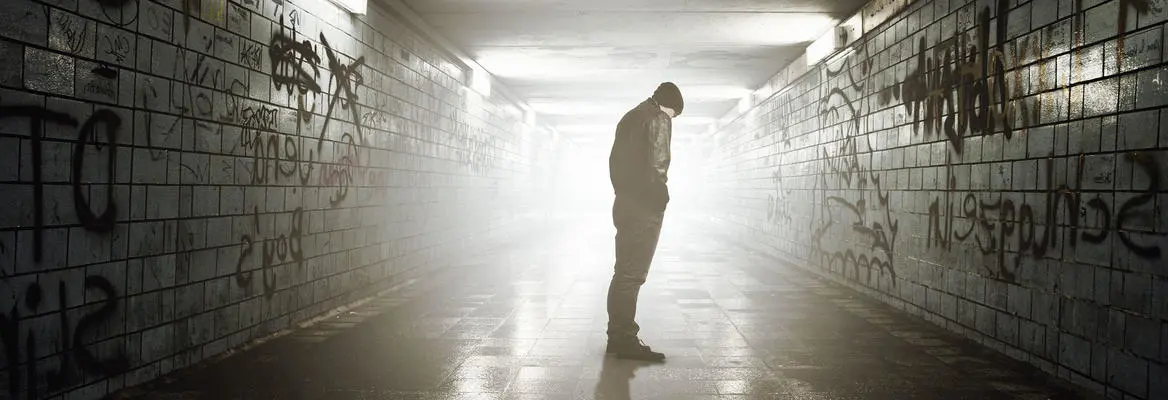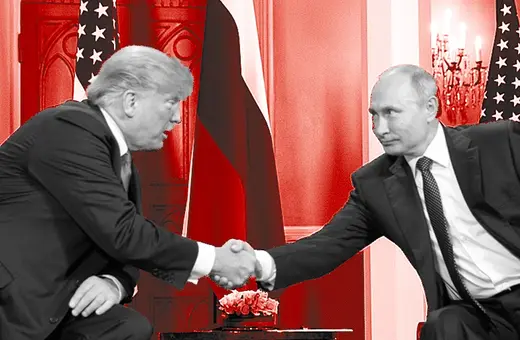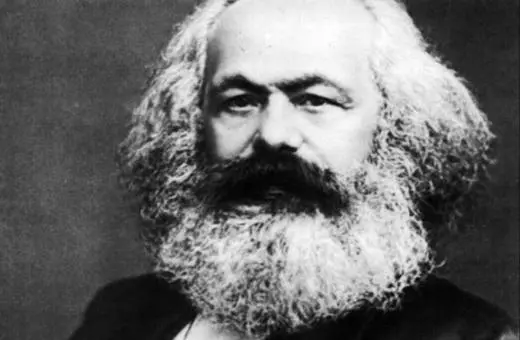In war, a certain amount of lives lost is deemed morally acceptable in the defence of certain social values. More often than not, it's the young who lose their lives so the rest of society may flourish. During the COVID pandemic, the young are once again in the firing line - with their biographical rather than biological lives sacrificed. Should we be less accepting of this ethical assumption, and is it time for older generations to consider putting the young first, asks Hugo Slim.
As the UK enters its second national lockdown, the ethical decision-making in the COVID crisis is surprising to someone like me who works on the ethics of war. Politicians typically accept a large number of deaths of their own and other people in war, but they are placing an extraordinarily high value on individual human lives in the COVID pandemic, even as they frame the crisis as comparable to war. Prioritizing the biological life of mainly older people is affecting the life chances of younger people as movement restrictions shrink the economy.
Does this mean that governments are becoming innately more humanitarian or is a war morality in play which condones youthful sacrifice?
Warlike seriousness
Like war, the ethical significance of the COVID pandemic is set before us as one of grave national crisis in which we must all pull together if we are to triumph. The choices forced upon us by a viral enemy are presented with warlike seriousness by politicians. Surrounded by the national flag, they tell us that our duty now supersedes our rights, our way of life can no longer be the same, and sacrifice is the order of the day because the nation is fighting for survival.
It is our biology not our biography that counts in COVID ethics. Policy is blind to the length or quality of life.
Two things stand out in the ethics that have followed: the primacy placed on individual human life and the particular allocation of sacrifice to younger people rather than older people. COVID ethics insist that every life should be saved, which is very different from war ethics. The decision that the young should suffer to protect the old is integral to war ethics but is more veiled from the public eye in COVID than in war.
But are these judgements wise? Or should we think more about age-based ethics?
Valuing every life equally
War ethics accept a significant loss of human life as inevitable and noble. In war, it is widely recognized that the values for which we fight – to defend our country from conquest and destruction by another, or to challenge an evil enemy who is hurting others, are of such ultimate value that we must give up individual lives to secure the country and defeat evil.
The Geneva Conventions, the international laws which regulate warfare, legalize an enormous amount of death and suffering as an important moral element in the process of winning. Militaries are permitted to kill each other (within reason) and kill civilians (when it is impossible to avoid it) as they struggle for victory. This moral recognition that acceptance of death is important to success is ethically ingrained in the majority understanding of war today. It is justified in the Geneva Conventions by the principle of “military necessity” which trumps humanity in many situations.





















Join the conversation